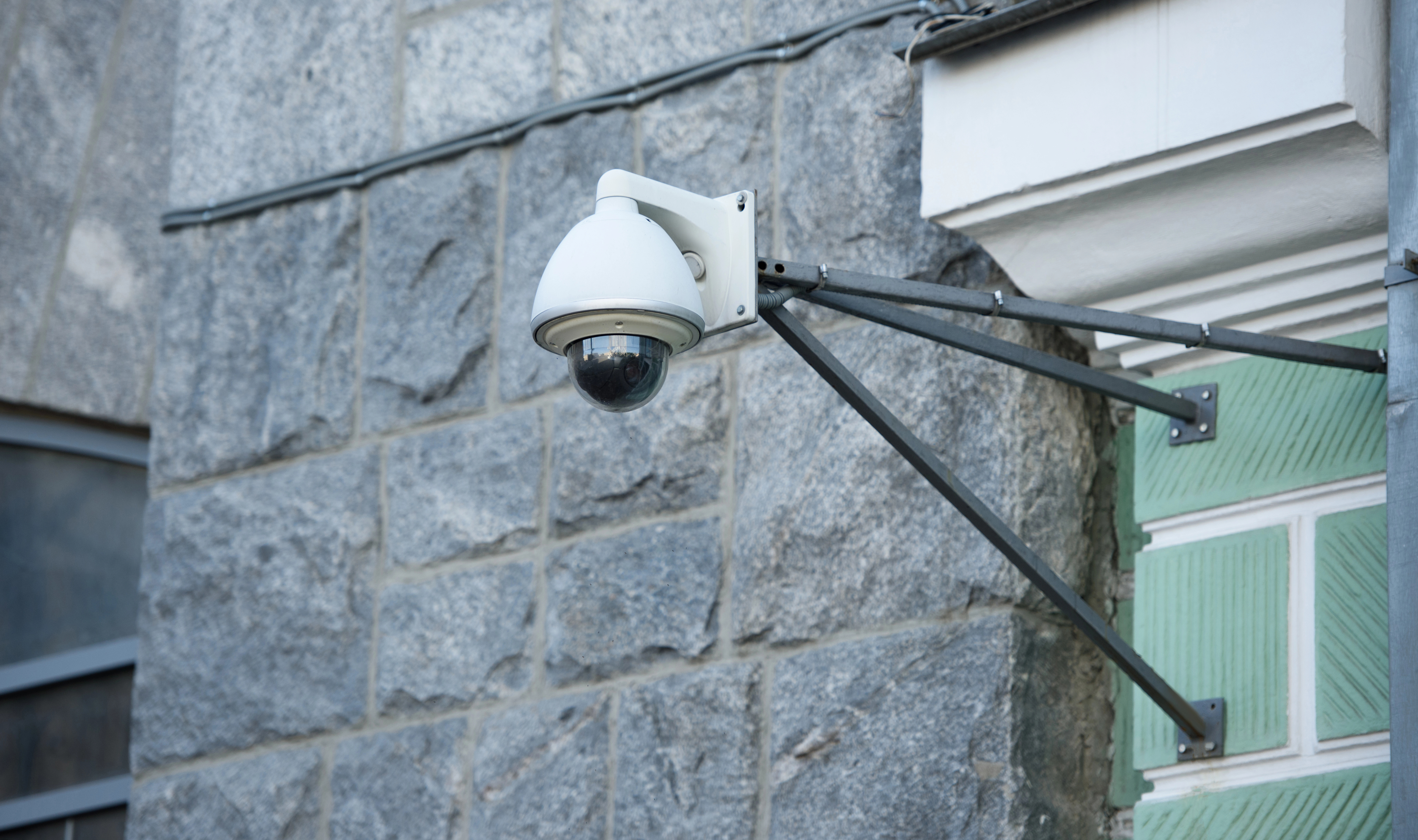With surveillance cameras becoming all the more prominent, police have had to increasingly rely on the public and cameras installed outside private properties to help them gather evidence in a bid to crack a crime.
Whereas the eyes on the street were once just neighbours or passersby, the gaze of a CCTV camera comes with a set of general data protection regulations (GDPR) that a human set of eyes does not.
And this is where the confusion kicks in between what the police want and what EU-wide rules on data protection say.
It has become increasingly common for police officers to knock on people’s doors and ask for private CCTV footage which may have captured evidence of a crime.
That may be all well for police’s requests, but according to Cyprus’ personal data protection commissioner Irene Loizidou Nikolaidou, any CCTV cameras should not be recording material outside of the property.
This includes public spaces such as pavements and the street.
If such areas are being recorded, then individuals can file a complaint to the commissioner. Filming neighbouring property constitutes an offence and should be reported to the police, she said.
The challenge lies with the fact that footage of the street and pavement is exactly what police often ask for when trying to gather evidence.
One person who spoke to the Cyprus Mail on condition of anonymity said that when police officers asked to see their CCTV material when trying to uncover a drug bust, they were directly told not to worry about getting in trouble over GDPR regulations.
Police spokesman Christos Andreou said he did not wish to comment but they were aware of the contradiction.
According to Nikolaidou, the issue may come to the fore in court on whether the evidence is admissible – but this is the judicial process that neither the commissioner or police rule on.
For members of the public, Nikolaidou stresses the rules stipulate they should only record within the bounds of their property.
Apartment complex tenants can use CCTV as long as it does not interfere with the privacy of their neighbours, she said, adding that any complaints should be made to the police, as her office does not have the power to enter a private property to examine any footage.
Another point of confusion lies with dashcams, which the commissioner stipulated are also not permitted as there is currently no Cyprus-specific legislation regulating it, which exists in other EU member states.
Therefore as it stands, insurance companies do not accept footage of dashcams, even if they illustrate evidence related to an accident, she explained.
For police, the core goal is to obtain any evidence that can help them solve the crime or give them pointers.







Click here to change your cookie preferences